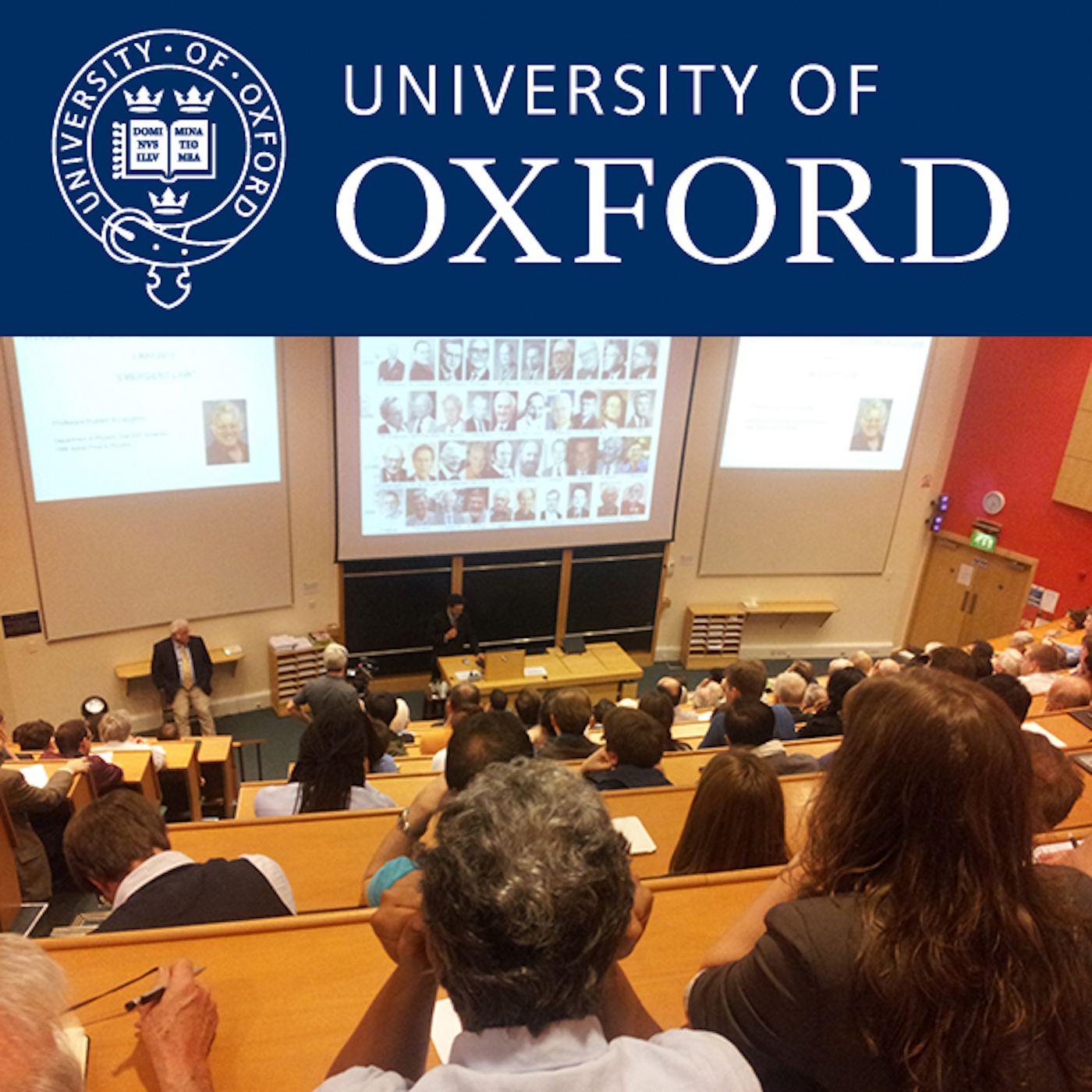Episodes
Published 12/20/19
Published 12/20/19
Our Universe was created in 'The Big Bang' and has been expanding ever since. Professor Schmidt describes the vital statistics of the Universe, and tries to make sense of the Universe's past, present, and future.
Published 11/20/17
The 2016 Hintze Biannual Lecture delivered by Professor Robert Kennicutt Understanding the birth of stars is one of grand challenges of 21st century astrophysics, with impacts extending from the formation of planets to the birth and shaping of galaxies themselves. The challenge has been all the more difficult because the most active birth sites are largely hidden in visible light. Thanks to a new generation of infrared and submillimetre space telescopes this veil has been lifted, and a...
Published 05/18/16
Published 01/06/16
Physics Colloquium 20th November 2015 delivered by Professor Tom Ray This year marks the centenary of Einstein’s General Theory of Relativity. As is well known, physicists became convinced that Einstein was right after Eddington’s and Dyson’s famous expedition to measure the gravitational deflection of starlight. Recently the speaker has found the equipment that proved critical in testing Einstein’s theory after it being lost for almost 70 years. Remarkably its discovery has led to the...
Published 11/24/15
Published 02/12/15
Published 02/12/15
Published 02/12/15
Inaugural Lecture by Professor Steven Balbus looking at the history of the universe A one sentence summary of much of the history of our Universe might be that it is the formation of ever more complex and compact structure from a diffuse background. The build-up of a compact core of material from more tenuous surroundings is known as accretion, and it is a process common to much of astrophysics, from the early creation of giant clusters of galaxies to current star, planet, and black hole...
Published 04/07/14
The 9th Dennis Sciama Memorial Lecture, looking at chaos theory and climate change Lorenz is one of the pioneers of chaos theory. However, over 50 years before Lorenz, Poincaré discovered the sensitive dependence on initial conditions that characterises chaos. So what makes Lorenz’s contribution so important? I argue it is the discovery of the fractal invariant set in state space: the Lorenz attractor. Quite amazingly, properties of the Lorenz attractor can be shown to link the calculus of...
Published 04/07/14
Halley Lecture 2013 by Professor Dr Ewine van Dishoeck on new developments in astronomy One of the most exciting developments in astronomy is the discovery of planets around stars other than our Sun. Nearly 1000 exo-planets have now been detected. But how do these planets form, and why
are they so different from our own solar system? Which ingredients are available to build them? How are their parent stars formed? Thanks to powerful new telescopes, astronomers are starting to address...
Published 04/07/14
The 8th Hintze Lecture by Professor David Charbonneau looking at investigating habitable exoplanets. The investigation of planets orbiting other stars has moved from the study of gas giants to the hunt for smaller planets that are predominantly rock and ice in composition. When such Planets are discovered in edge-on orbits, such that the planet and star undergo mutual eclipses, scientists granted the opportunity to determine directly the planetary masses and sizes. Most interestingly, we can...
Published 04/07/14
Published 11/14/12
Published 07/29/12
Published 07/29/12
Published 07/29/12
Published 07/29/12
Published 07/29/12
Published 07/29/12


